Team Resilience For Managers
High-functioning teams are resilient. Team resilience is the capacity to handle change, to flex in difficult situations, and to find solutions to challenges. In our uncertain world, where things change fast, a resilient team is able to pull together and support each other through tough patches.
Managers have the capacity to leverage significant influence if they are better able to face change and challenge with a resilient mindset.
Overview
This in-depth training programme is suitable for people at all levels of leadership.
Delivered either virtually or in-person, the training can be a full of half day in person training event, or a series of 3 virtual 90 min sessions.
We can also tailor the training to fit your organisation’s unique needs.
Part 1: Personal Resilience
Resilience at an individual level is the foundation for team resilience. This section introduces Schlossberg’s Four S Model of Resilience (Situation, Self, Support, Strategies), providing a structured way to assess and build personal resilience. By understanding how external factors (situation), internal mindset (self), social resources (support), and coping mechanisms (strategies) interact, individuals can improve their ability to navigate stress and change.
Managers and team members will gain practical strategies to manage stress effectively, build resourcefulness, and develop the self-awareness necessary to recognize early warning signs of burnout or fatigue in themselves and others. These skills directly impact workplace productivity, employee wellbeing, and the ability to maintain performance during periods of high demand.
Part 2: Resilience for Managers
Resilient leadership is essential for high-performing teams. This section draws on the SCARF Model (Status, Certainty, Autonomy, Relatedness, Fairness) by David Rock to explore how leaders can create psychologically safe environments that foster resilience. Understanding these five social drivers helps managers shape team dynamics, improve decision-making under pressure, and create a work culture where individuals feel valued and motivated.
Participants will learn how to establish strong support systems within their teams, respond effectively to stress and uncertainty, and communicate in ways that strengthen resilience. They will also explore the importance of clear boundary setting, providing reassurance in times of change, and coaching their teams through adversity.
Part 3: Implementing a Culture of Resilience
Creating a resilient culture requires consistent effort and intentional strategies. This section introduces Edgar Schein’s Organisational Culture Model, highlighting how leaders influence the underlying assumptions, values, and behaviors that shape team resilience. By understanding how culture is formed and maintained, managers can actively foster an environment where resilience is embedded into daily operations.
We will explore how teams can develop resilience through structured feedback loops, regular reflection practices, and proactive approaches to difficult conversations. Participants will learn to implement team-wide practices that encourage mutual support, transparent communication, and an adaptive mindset in the face of uncertainty and risk.
Outcomes
Increased ability to manage stress and maintain resilience under pressure.
Stronger leadership skills in fostering psychological safety and team cohesion.
Practical frameworks for building resilience into daily work and decision-making.
Improved communication strategies for handling difficult conversations and uncertainty.
A workplace culture that supports adaptability, innovation, and long-term success.
What people say
“Chris was engaging, interesting and flexible in his presenting style.”
Get in touch
To book this solution for your organisation, please contact us

